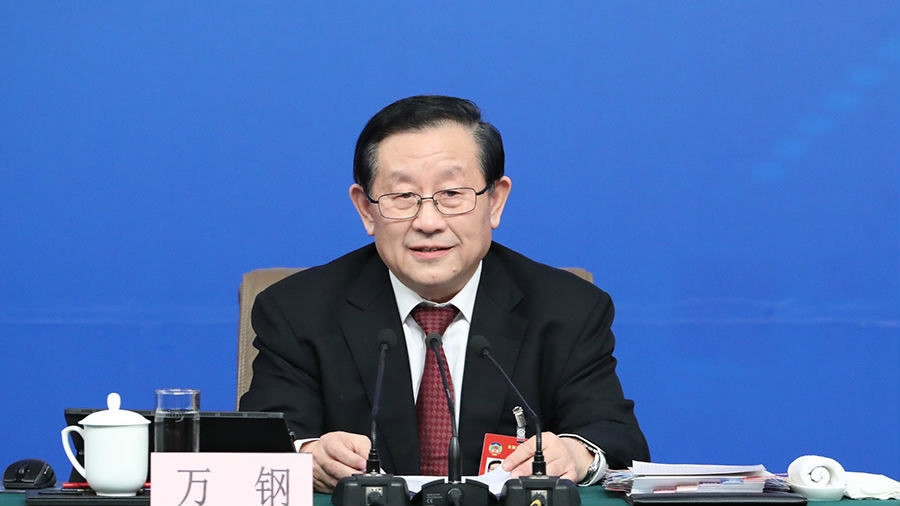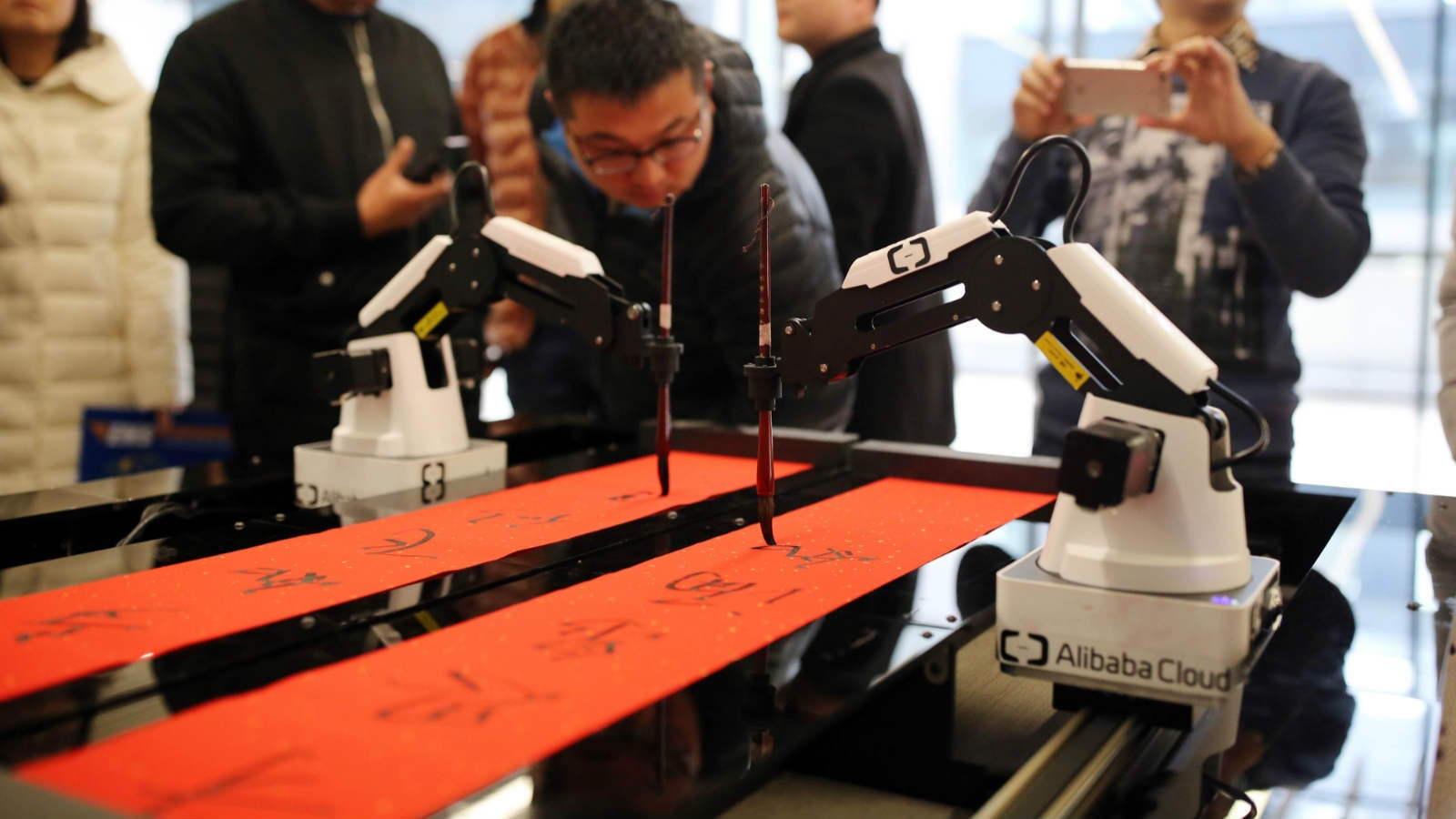
Politics
16:19, 11-Mar-2017
Highlights: Minister of Science and Technology briefs media on China’s innovation plans
Updated
11:01, 28-Jun-2018

Wan Gang, the Minister of Science and Technology, held a press conference on China’s innovation-driven development on the sidelines of the Two Sessions in Beijing on Saturday. Here are highlights from the press conference:
On innovation and human resources
Wan stressed that innovation has served as a key driver of growth in the real economy. Human resources efforts will be made to encourage more talent to contribute to the course of innovation.
On China's scientific and technological innovation 2030 project
Wan described a previously-announced program to accelerate major national scientific and technological projects and launch innovation projects by the year 2030.
He said several major projects will be launched in five major sectors. These are: information technology, advanced manufacturing, energy and environment, biology, and ocean and aerospace.
On management of research funding
Management of research funding has been a big concern for many researchers. The ministry has made joint efforts with institutions to make full use of funding and ease the burden for researchers, Wan said.
On artificial intelligence
The development of artificial intelligence (AI) has been written into the government annual work report for the first time this year. China has undertaken projects to promote the research and development of AI, in areas like smart vehicles, power grids and smart cities, Wan said.

A robot writes Spring Festival couplets in Hangzhou in January 16, 2017./VCG Photo
A robot writes Spring Festival couplets in Hangzhou in January 16, 2017./VCG Photo
In the future, China will work hard to facilitate the development of deep learning, interdisciplinary convergence, man-machine coordination and open research, Wan said.
A new plan for AI development is expected to be issued soon after the Two Sessions this year.
On cross-strait exchanges over Internet-based entrepreneurship
Wan said he was impressed by young entrepreneurs from Taiwan who started their own business. He believes young people from both sides of the strait can help each other through exchanges.
As for some tech companies from Taiwan who have concerns over intellectual poverty rights (IPR) protection and patent protection, Wan said equal treatment will be given to all enterprises.
With more companies on the path of innovation, the IPR protection will be tightened by strict enforcement of law.
7km

SITEMAP
Copyright © 2018 CGTN. Beijing ICP prepared NO.16065310-3
Copyright © 2018 CGTN. Beijing ICP prepared NO.16065310-3